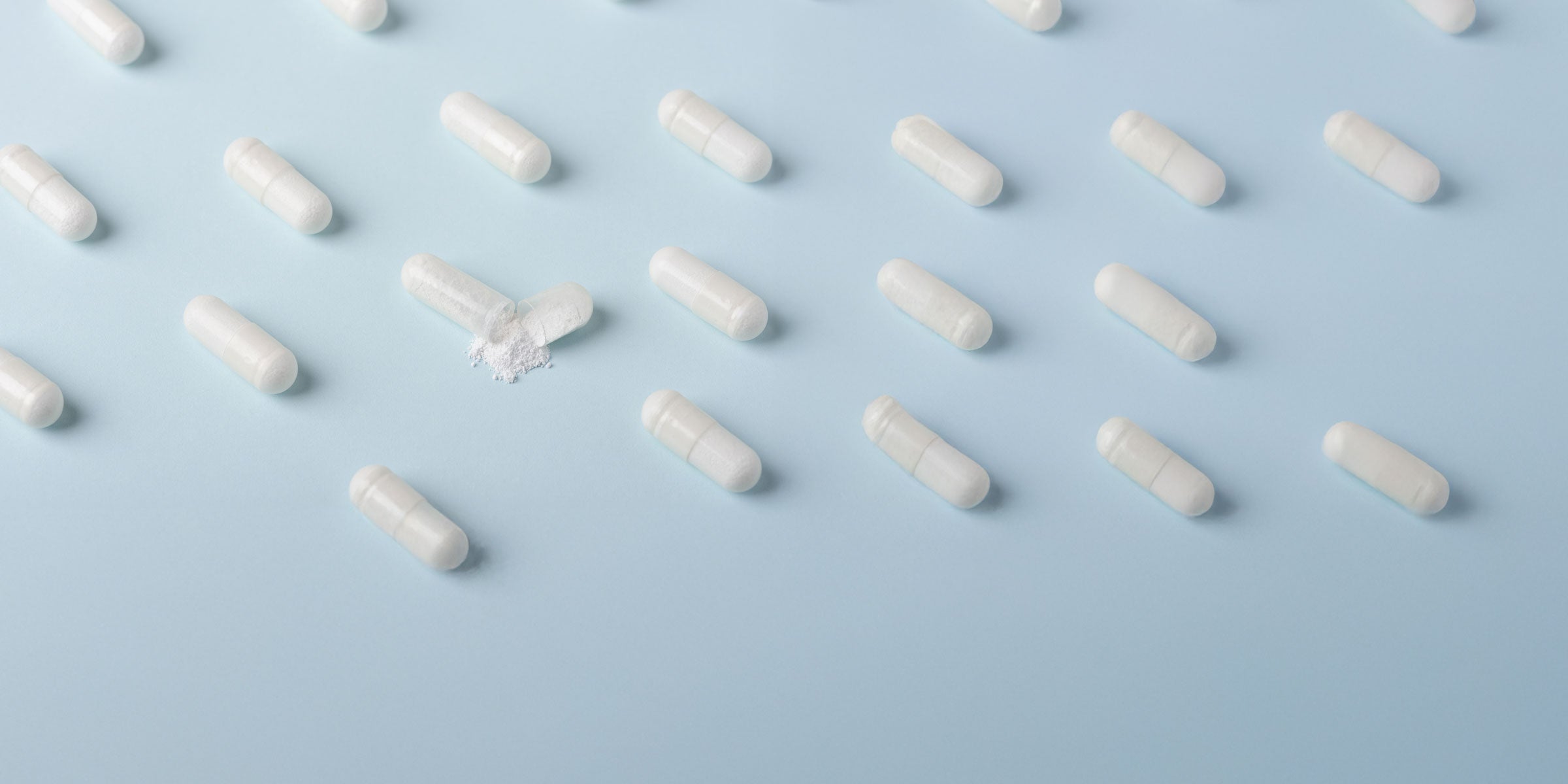
Lithium & Kidney Health: What You MUST Know About Dosage & Damage
Millions of individuals rely on Lithium as a powerful mood stabilizer, particularly for conditions like Bipolar Disorder. As Dr. Chris highlights in his vital health talk, this medication can be a lifeline, helping people emerge from "deep, dark depressions." However, like many powerful treatments, understanding its potential side effects is crucial—especially concerning kidney health.
The Lithium-Kidney Connection: Dosage Matters
Dr. Chris emphasizes a key point: while Lithium offers significant benefits, "larger doses can actually hurt the kidneys." This isn't to say Lithium is inherently bad, but rather that its usage requires careful management. The kidneys play a vital role in filtering waste from our bodies, and prolonged exposure to high levels of Lithium can interfere with their function, potentially leading to long-term damage.
Understanding the Risk: What Kind of Kidney Damage?
When Dr. Chris refers to "the specific kidney condition associated with high Lithium levels," he's often pointing to conditions like Lithium-induced Nephrogenic Diabetes Insipidus (NDI) or other forms of chronic kidney disease. These conditions impact the kidneys' ability to properly concentrate urine, leading to increased thirst and frequent urination. Over time, this can stress the kidneys.
Why Monitoring is Non-Negotiable
Given these risks, regular monitoring of Lithium levels in the blood is absolutely essential. This isn't just a recommendation; it's a standard of care for anyone taking Lithium. Your healthcare provider will conduct blood tests to ensure your Lithium levels remain within a therapeutic range—high enough to be effective, but low enough to minimize the risk to your kidneys. This proactive approach helps catch potential issues before they become severe.
Natural Kidney Support: Dr. Chris's Recommendation
Dr. Chris's advice is clear: "If you're taking Lithium, you want to be sure you're also supporting your kidney function naturally." While Lithium is a medication, supporting your body's natural processes can be a proactive step in maintaining overall health.
This can include:
-
Hydration: Drinking plenty of water is fundamental for kidney health.
-
Balanced Diet: A diet rich in fruits, vegetables, and whole grains can support overall bodily functions.
-
Avoiding Processed Foods: Reducing intake of high sodium, sugar, and unhealthy fats can ease the burden on kidneys.
-
Regular Exercise: Promotes healthy blood flow to all organs, including the kidneys.
-
Specific Supplements: Always discuss any supplements with your doctor to ensure they don't interact with Lithium or your kidney health. Examples might include antioxidants or specific herbal supports, but these must be medically cleared.
Takeaway: Be Informed, Be Proactive
Lithium remains a powerful and effective treatment for many. The key to safely harnessing its benefits lies in education and proactive health management. If you or a loved one are on Lithium, engage actively with your healthcare provider about monitoring, and explore natural ways to support your kidney health. Your long-term well-being is paramount.



